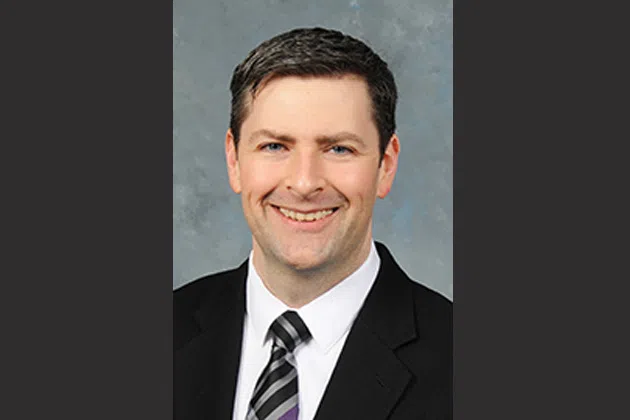
By Greg Bishop/Illinois Radio Network
SPRINGFIELD – The next date has been set for Dec. 28 in the case pro life groups have brought against the state of Illinois, but it all depends on when the state plans to implement taxpayer-funding for elective abortions next year.
Gov. Bruce Rauner signed House Bill 40 in September saying no women should be denied the operation based of their ability to pay. The measure would pay for abortions for those on state employee health insurance and eligible Medicaid recipients.
The Thomas More Society and others, including the Catholic Archdiocese of Springfield, sued the state in Sangamon County Circuit Court to try and block a law from going into effect at the beginning of the year. Several statehouse Republicans also joined the plaintiffs in the lawsuit, objecting to taxpayer funding of abortions.
State Rep. Peter Breen, R-Lombard, who is also special counsel for the Thomas More Society, said following Wednesday’s scheduling hearing that the next step depends on if the state plans to implement the law beginning Jan. 1.
“If the director of [Healthcare and Family Services] wants to be the grinch that ruins Christmas, then we will come in on [Dec.] 28th and we will argue because we’ve got to get in before Jan. 1, as we see it, to try and prevent public monies from being spent,” Breen said.
The state said it plans a motion to dismiss but was given 10 days to answer whether it plans to implement the law by Jan. 1.
Breen said one of their arguments is the legislative process was abused in passing the bill.
“We’re supposed to get our work done by May 31,” Breen said. “Work was not done on HB40 until September.”
Democrats passed the bill out of both chambers with simple majorities by May 10, but a motion to reconsider held the bill from being passed to the governor until Sept. 25. Rauner signed the bill Sept. 28.
Breen also said there’s no money for it anyway.
“Do you want to defund your universities to pay for elective abortions?” Breen asked. “Are we going to take money out of the mouths of poor children in order to pay for elective abortions? That’s the issue here. There’s no money for these procedures.”
Breen said the taxpayer cost could be between $15 million to $30 million, something he said the state can’t afford with a projected deficit of more than $1.5 billion if not more.
The next hearing date in the case is scheduled Dec. 28 at 1:30 in Springfield.




